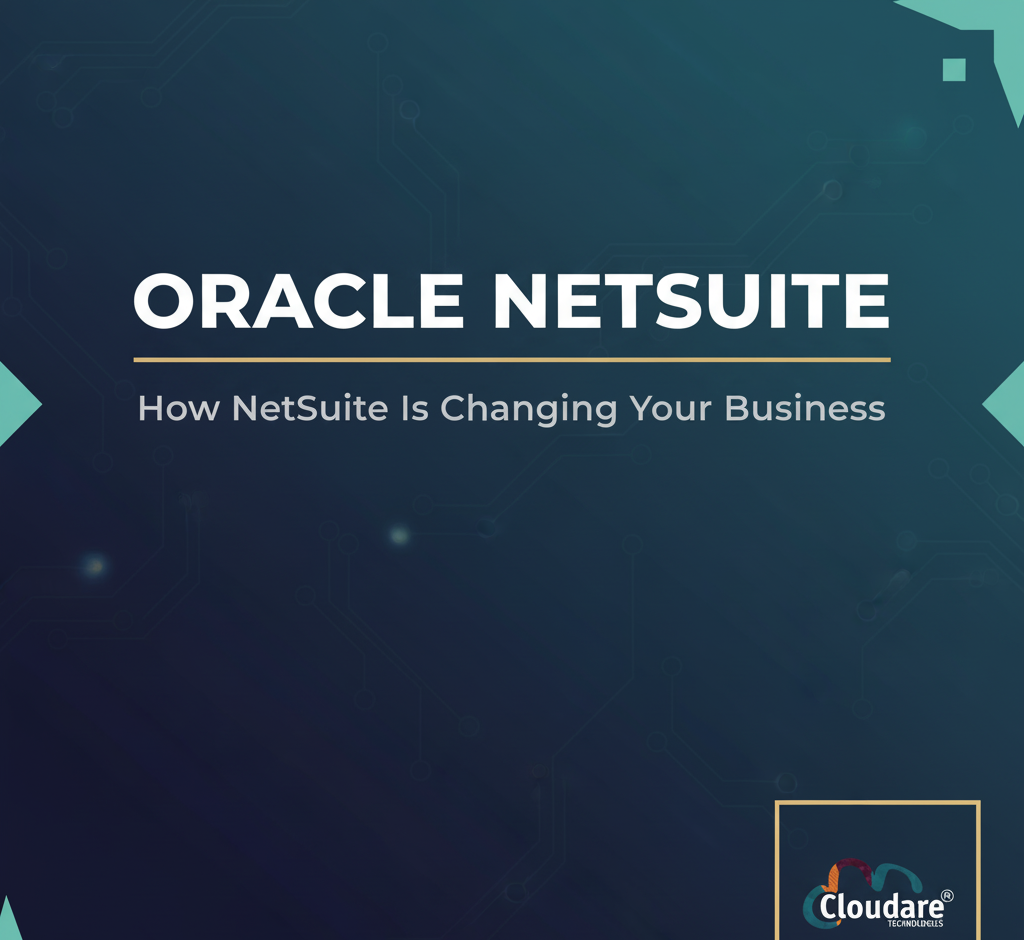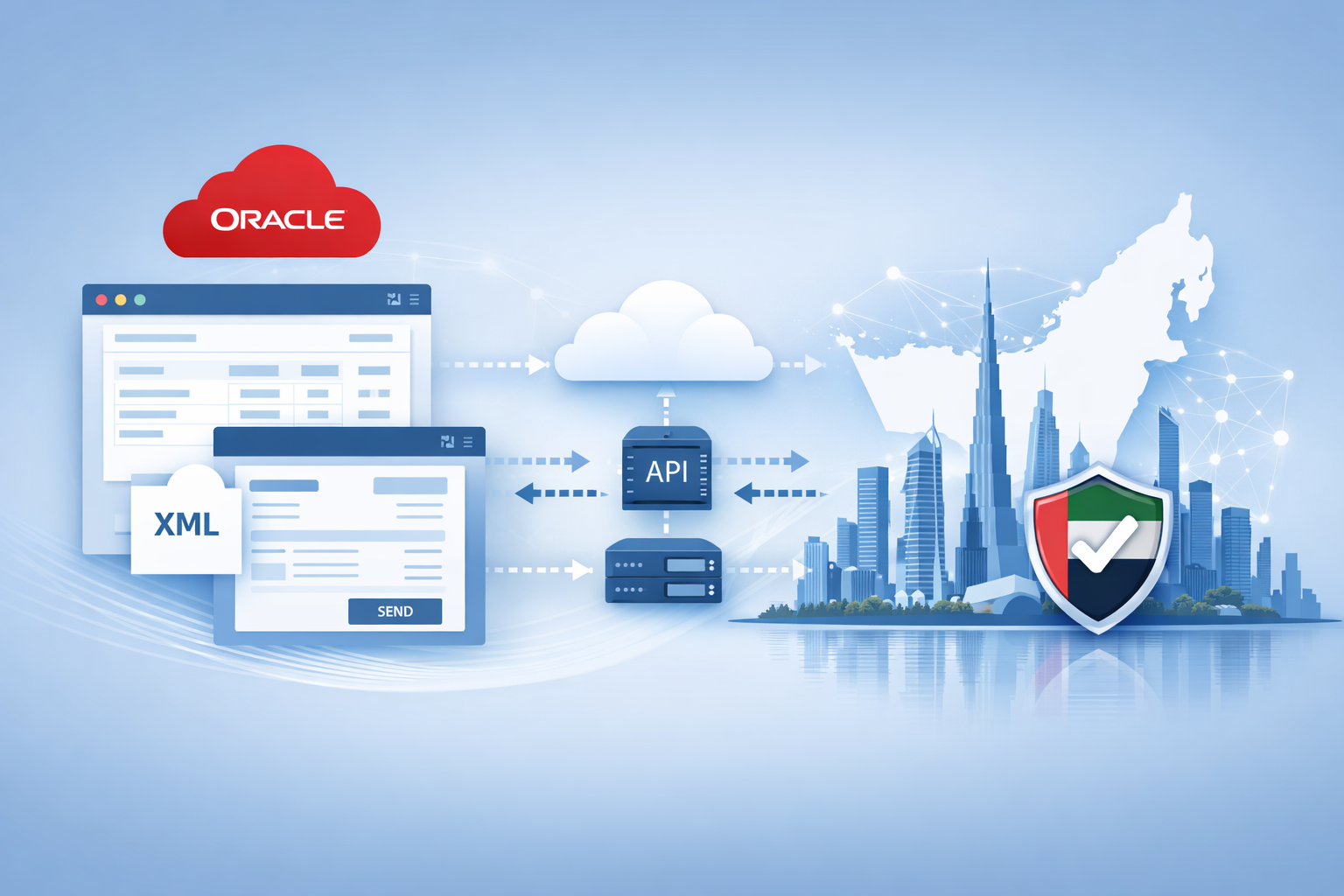Cloud ERP used to mean heavy on-prem software, months-long rollouts, and a battalion of consultants. NetSuite changed that playbook — and it’s doing the same for Indian businesses. In this post I’ll break down what NetSuite is, how it evolved in India, and why it’s rapidly becoming the ERP of choice across Indian industries. If you’re evaluating ERP or wondering how to scale operations with minimal disruption, read on.
What is NetSuite?
NetSuite is a cloud-native ERP platform that combines financials, CRM, inventory, order management, e-commerce and analytics into one unified system. Unlike modular solutions stitched together from multiple vendors, NetSuite is built as a single platform. That delivers a few big advantages:
- Single source of truth: Finance, sales, operations — everyone works from the same data set.
- Faster time to value: SaaS delivery removes hardware provisioning and many infrastructure headaches.
- Built-in scalability: Add users, entities, and regions without rearchitecting.
- Extensible platform: SuiteCloud (APIs, SuiteScript, SuiteFlow) lets you customize workflows and integrate third-party apps without breaking the core.
- Continuous updates: Features and tax/localization updates are delivered centrally, keeping your system current.
NetSuite suits a wide range of organizations: mid-market companies scaling rapidly, multi-entity groups needing consolidated reporting, and product companies that require tight inventory and order workflows.
How NetSuite Evolved in India
NetSuite’s global trajectory and cloud-first architecture made it attractive to Indian companies early on, but adoption accelerated thanks to a few India-specific shifts:
- From global SaaS curiosity to local fit: Initially, many Indian firms were cautious about cloud ERP. Over time, as cloud security, uptime, and compliance matured globally, NetSuite’s multi-tenant model gained trust.
- Localization & compliance: For cloud ERP to work in India, local tax rules (GST), e-invoicing, and statutory reporting must be handled correctly. NetSuite and its partners added localization layers and integrations to address these needs.
- Partnerships and implementation ecosystem: Local implementation partners — with domain experience across manufacturing, retail, distribution, and services — made NetSuite practical for Indian business realities. These partners offer industry accelerators, integrations with local payroll and tax systems, and hands-on change management.
- Oracle relationship: NetSuite’s place in Oracle’s ecosystem (post-acquisition and ongoing collaboration) increased enterprise credibility and integration pathways with other Oracle products, attracting larger and multi-national Indian enterprises.
- Rise of multichannel commerce & exports: Growing e-commerce, exports, and complex supply chains made unified inventory and order management essential — NetSuite answered that need.
Result: what started as selective deployments for export-oriented and tech-savvy firms is now mainstream among Indian mid-market and enterprise segments.
How NetSuite Is Making Its Place in the Indian Market
Why are Indian companies choosing NetSuite today? Here are the practical wins I see repeatedly:
1. Faster consolidation for multi-entity groups
Indian businesses are growing via acquisitions and new verticals. NetSuite’s multi-book and multi-currency capabilities make financial consolidation quicker and more accurate.
2. Better visibility across supply chains
From procurement to warehousing to order fulfillment, NetSuite centralizes inventory visibility. That reduces stockouts, improves cash conversion cycles, and optimizes working capital — critical for manufacturing and distribution firms.
3. E-commerce and omnichannel readiness
Retailers and brands need unified customer, order, and inventory data. NetSuite’s commerce and CRM integration reduces manual reconciliation and improves customer experience.
4. Customization without fragility
Indian businesses often need unique workflows. NetSuite’s SuiteCloud lets partners deliver tailored automation while keeping the core upgradeable.
5. Predictable TCO and faster ROI
Shifting infrastructure and maintenance burdens to the vendor enables predictable operational costs and quicker payback — especially attractive to growing mid-market companies.
6. Strong partner network
Local implementation partners provide GST-ready configurations, payroll integrations, and industry accelerators — which dramatically reduces deployment risk.
Real Business Outcomes (What You’ll Actually See)
Switching to NetSuite is not just a technology change — it’s operational transformation. Companies typically report:
- Faster month-end close and consolidated reporting
- Improved order-to-cash times and reduced manual invoicing errors
- Lower IT overhead and predictable upgrade cycles
- Clearer visibility into margins, product performance, and customer profitability
Call to Action
Cloudare is an official NetSuite — Oracle partner for the Eastern and Middle regions of India, serving many companies globally. Our headquarters are in Raipur, Chhattisgarh. If you need customization, implementation, or ongoing support for NetSuite, we can help you architect a solution that fits your business model and growth plans.
Contact us: Sales@cloudare.in







Leave a Reply
You must be logged in to post a comment.